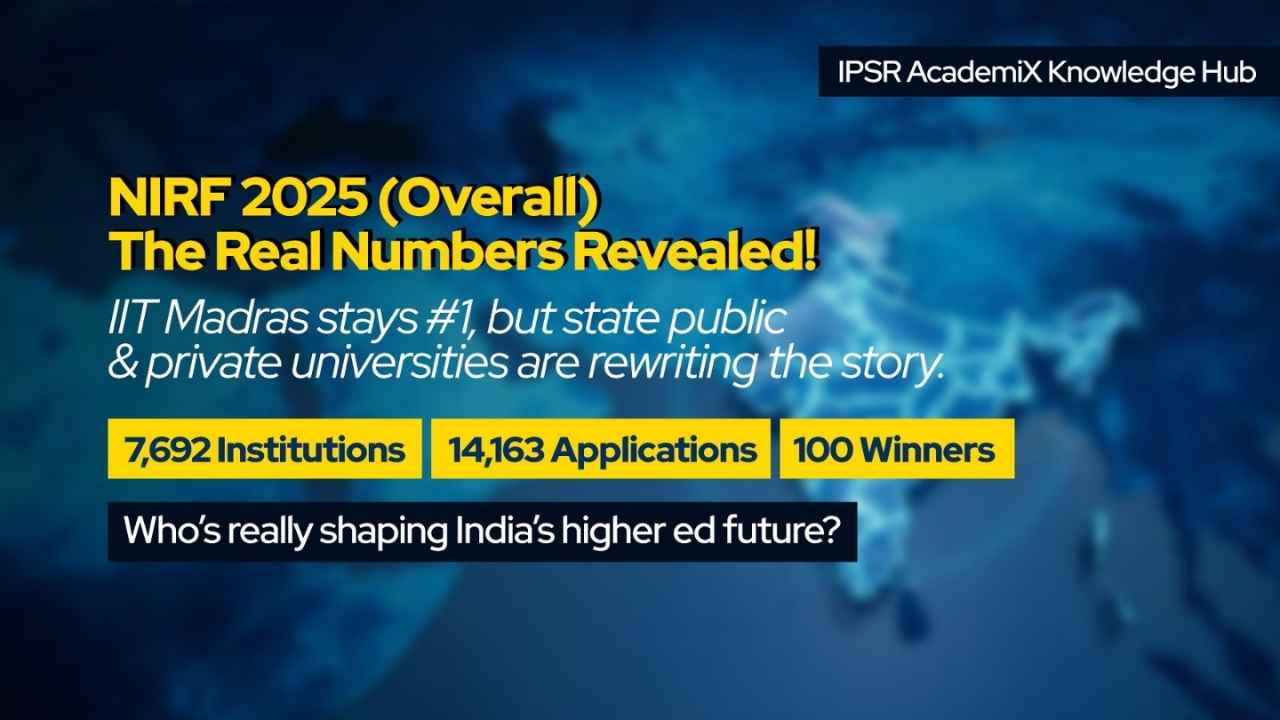
In a transformative move to prioritize skill-based education in Indian HEIs, the UGC introduces a new category of positions called “Professor of Practice” to bring real-world learning into classrooms. This article examines who professors of practice really are, their prerequisites, and how they are appointed.
The UGC Guidelines for Engaging Professors of Practice in Universities and Colleges
The NEP 2020 urges strengthening industry-academic cooperation in HEIs and integrating vocational education with general education. In order to achieve this, the UGC has launched a new initiative to integrate business and other professional expertise into academic settings. They recommend that colleges and universities hire eminent experts from a range of fields, including engineering, science, technology, entrepreneurship, management, chartered accountancy (CA), commerce, social sciences, media, literature, fine arts, civil services, armed forces, law, public administration, and more. Learners must think like employers, and employers must think like learners for the best possible skill development of youth. Graduates who have been trained under these professors of practice will benefit society and the industry.
Professors of practice will create and design courses, launch new courses, deliver lectures, inspire students to innovate and start businesses, run workshops, seminars, training sessions, and special lectures alongside regular faculty members, and conduct collaborative research projects. The maximum length of service for practice professors should not exceed three years, per UGC guidelines, and their initial engagement will be for one year. The professors will work in one of three ways: on an honorary basis, through funding from businesses, or through funding from higher education institutions.
Professors of Practice: The Most Effective Way to Introduce Experiential Learning
“Professors of Practice’ are a hybrid between a professor and an industry expert. They do not have the academic background of a professor but rather practical experience in the subject they are teaching. Colleges and universities often hire professors of practice to bring a more real-world approach to their subjects. These professionals may be consultants, executives, or even journalists who specialize in particular fields and bring that expertise into the classroom.
Advantages of engaging ‘professors of practice’:
1. Creating curricula and courses that cater to societal and industrial needs while enabling HEIs to collaborate with business experts on beneficial joint research initiatives and consultancy services;
2. To make it possible for higher education institutions to formally collaborate with people of distinction and to motivate them to engage in mentoring, research, training, and other forms of experiential learning.
Exemplary Professional Practice for Eligibility
Distinguished experts from various fields such as engineering, science, technology, entrepreneurship, commerce, social sciences, media, literature, fine arts, civil services, armed forces, law, community development, Panchayati raj, rural development, watershed development, water-harvesting, organic farming, small green energy systems, municipal planning, community participation, and gender budgeting/planning could qualify as’ professors of practice’ if they have at least 15 years of service or experience in their specific profession or role, preferably at a senior level.
If they have an exemplary professional practice, they do not need a formal academic qualification for this position. These experts will also be exempted from the requirement of publications and other eligibility criteria for professor-level faculty recruitment. They must, however, be capable of carrying out the duties and responsibilities outlined in the UGC guidelines.
Duties and responsibilities of Professors of Practice
The following are the duties and responsibilities of ‘professors of practice’ outlined by the UGC:
Categories of Engagement
The UGC recommends that a Professor of Practice be engaged in one of the following three categories – Professor of Practice funded by industries; Professor of Practice funded by HEIs from their own resources; and Professor of Practice on an Honorary basis.
Professor of Practice funded by Industries: For engaging industry experts and professionals in this category, HEIs may collaborate with the industries to support the Professor of Practice positions.
Professor of Practice funded by HEIs from their own resources: HEIs pay the remuneration for this category of Professor of Practice (Part-time/Full-time) from their own resources. A consolidated amount, mutually agreed upon between the institution and expert will be paid.
Professor of Practice on an Honorary basis: The HEIs may decide on the amount of honorarium to be paid to the Professor of Practice in this category from their own resources.
What is the procedure for selecting a Professor of Practice?
The Vice-Chancellors/Directors may invite nominations from eminent experts for Professor of Practice positions.
Frequently Asked Questions
1. How will appointments be made for “professors of practice”?
The engagement of Professors of Practice will be for a fixed term and will be exclusive of the sanctioned posts of a university or college. It will not affect the number of sanctioned posts or the recruitment of regular faculty members.
2. Are those in the teaching profession eligible to become “professors of practice”?
This position is not open to those in the teaching profession—serving or retired.
3. How many ‘professors of practice’ can a college appoint?
The number of Professors of Practice in an HEI, at any point in time, should not exceed 10% of the sanctioned posts in an HEI.
4. What will be the service period or tenure for a Professor of Practice?
At first, the engagement may be for up to one year. At the end of the initial engagement or subsequent extension, the HEI will make an assessment and take the decision about whether to extend this. The HEI will devise its own assessment procedure for extension based on the contribution and requirements of the experts engaged as Professors of Practice. The maximum duration of service of a Professor of Practice at a given institution should not exceed three years and is extendable by one year in exceptional cases; the total service should not exceed four years under any circumstances.
UGC Updates on Professors of Practice
UGC advises heads of educational institutions to start engaging Professors of Practice
Nov 14th, 2022 – The University Grants Commission has written to all heads of educational institutions including vice chancellors, directors and principals of all universities, institutions and colleges to start engaging Professors of Practice in order to speed up the process of imparting holistic and multidisciplinary higher education in Indian HEIs.
Join us for FREE to get instant email updates!

Simplifying CO–PO Mapping in Outcome-Based Education Accreditation by the National […]

The National Institutional Ranking Framework (NIRF) 2025 results are out, […]

What the Top 100 Rankings Reveal About India’s Universities The […]

Exploring patterns, trends, and the evolving landscape of technical education […]

Release date: September 4, 2025 Source: NIRF portal’s Overall Top-100 […]
Professors of Practice is a good idea. But, their Quality and Political or management Recommendations are going to be the big problem.
GOOD
Good session